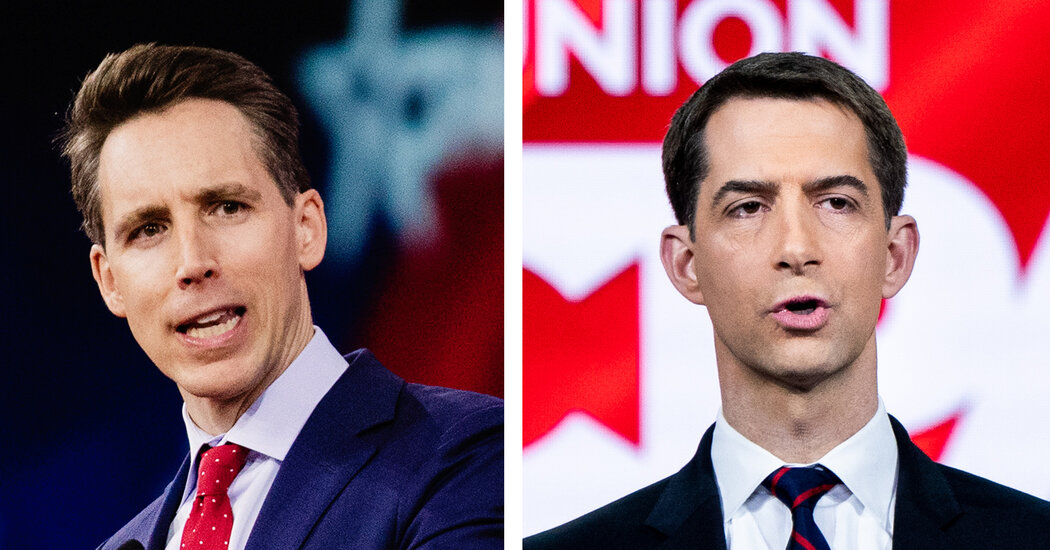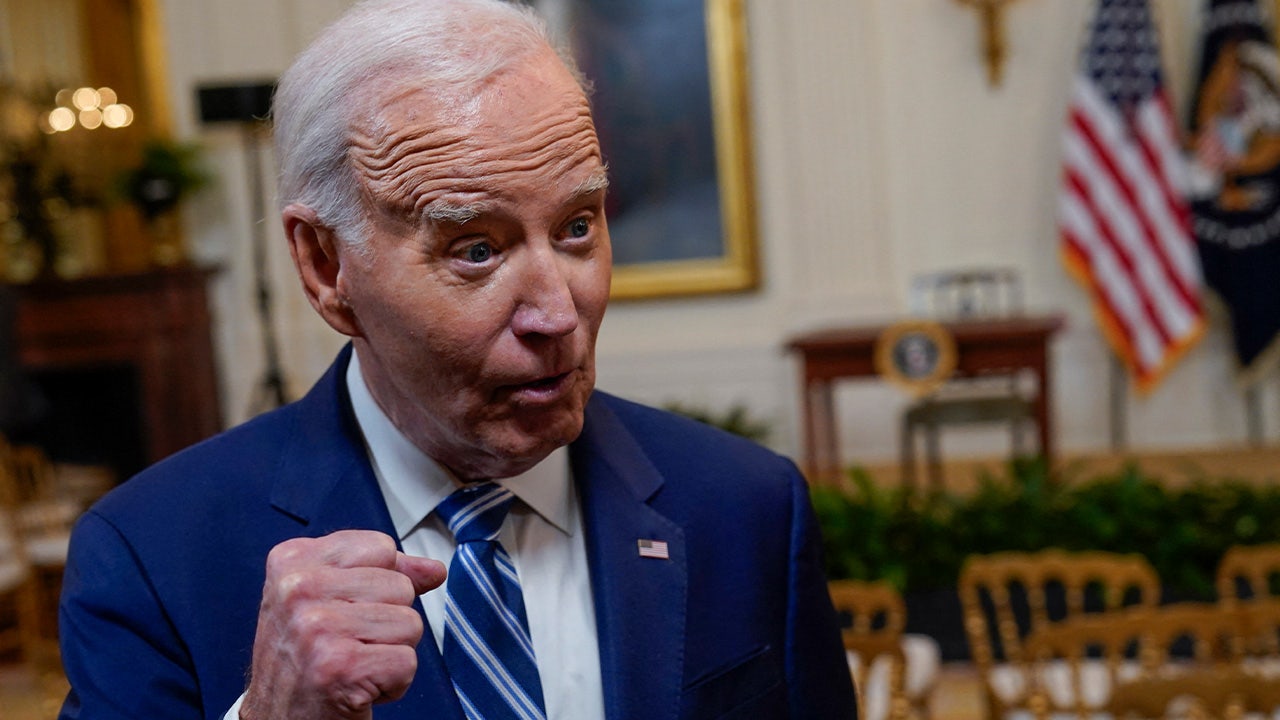Chinese venture capitalists are hounding failed founders, pursuing personal assets and adding them to a national debtor blacklist when they fail to pay up, in moves that are throwing the country’s start-up funding ecosystem into crisis.
The hard-nosed tactics by risk capital providers have been facilitated by clauses known as redemption rights, included in nearly all the financing deals struck during China’s boom times.
“My investors verbally promised they wouldn’t enforce them, that they had never enforced them before — and in ’17 and ’18 that was true — no one was enforcing them,” said Neuroo Education founder Wang Ronghui, who now owes investors millions of dollars after her childcare chain stumbled during the pandemic.
While they are relatively rare in US venture investing, Shanghai-based law firm Lifeng Partners estimates that more than 80 per cent of venture and private equity deals in China contain redemption provisions.
They typically require companies, and often their founders as well, to buy back investors’ shares plus interest if certain targets such as an initial public offering timeline, valuation goals or revenue metrics are not met.
“It’s causing huge harm to the venture ecosystem because if a start-up fails, the founder is essentially facing asset seizures and spending restrictions,” said a Hangzhou-based lawyer who has represented several indebted entrepreneurs and asked not to be named. “They can never recover.”
Lifeng, in its recent report on redemption rights, said they had turned entrepreneurship into a “game of unlimited liability”. In 90 per cent of investor lawsuits, the firm said, founders were named as defendants alongside companies, with 10 per cent of the individuals ultimately added to China’s debtor blacklist.
Once blacklisted, it is nearly impossible for individuals to start another business. They are also blocked from a range of economic activities, such as taking planes or high-speed trains, staying in hotels or leaving China. The country lacks a personal bankruptcy law, making it extremely difficult for most to escape the debts.
With Chinese funds and VC firms now struggling to return capital to their outside investors, a growing number have turned to redemption clauses to recoup as much money as possible. Lifeng estimates that 20 per cent of all investor exits in 2021 and 2022 came from companies repurchasing their investors’ shares and that more than 10,000 VC or private equity-backed Chinese groups face redemption issues.
A start-up adviser who did not wish to be named said the situation was perversely incentivising VCs to pursue portfolio companies that were doing well but lacked an immediate path to a sale or an IPO.
“VCs are putting pressure on the start-ups that can pay,” he said. “It’s not venture — it’s debt.”
The number of entrepreneurs caught up by the legal actions continues to grow. They include Wang Ziru, who a decade ago grabbed attention as a brash young founder and raised tens of millions of renminbi for his tech media and review platform Zealer.
By 2021, with traffic waning, Wang left for an executive role at home appliance giant Gree. Then, on August 9 last year, a Shenzhen court hit the 36-year-old with spending restrictions for failing to pay a Zealer investor Rmb34mn ($4.7mn), an amount that had snowballed with interest from the VC’s initial Rmb19mn equity investment, according to a lawyer briefed on the case. Wang lost his job a few days later.
The founder is contesting the judgment and said on social media he was not notified of the lawsuit and that the deal’s redemption provision was not triggered.

One of China’s most famous entrepreneurs, Luo Yonghao, turned his struggle to repay debts from his failed smartphone start-up Smartisan into a spectacle, eventually hawking enough iPhones and office chairs in online video livestreams to pay off suppliers and remove his name from the debtor blacklist in 2020.
Then some of Smartisan’s investors came demanding Luo pay hundreds of millions more in renminbi to buy back their shares.
“Investment is not a loan,” Luo wrote on the social media platform Weibo in August last year. “When a venture capital deal fails, one must accept the outcome. Those who resort to underhanded tactics against entrepreneurs because they can’t bear the result are, without a doubt, unscrupulous capitalists.”
The cases have filled Chinese courts. Records show Xu Mingqi lost his company and all of his other identifiable assets to investors after his materials group Yeagood failed to meet a promised three-year window for an IPO.
China’s supreme court in 2021 ruled that since his wife Zheng Shaoai had also worked at Yeagood, one investor could seize communal property including the apartment held in her name.
Wang, the 47-year-old childcare chain founder, has even had funds in her health insurance account seized by investors. She said her problems began in 2021, when funds connected to state-backed investor Guangdong Cultural Investment Management demanded their Rmb16mn of shares be repurchased with interest because her start-up had failed to attain a Rmb500mn valuation.
Their lawsuit torpedoed a funding round needed to offset pandemic-related closures of the group’s 36 day care centres, she said. Now, Wang owes about Rmb30mn to the GCIM-affiliated funds, Rmb11mn to banks and potentially more to other investors whose redemption clauses have yet to be triggered.
GCIM did not respond to a request for comment.
“I built my company into an industry leader — I have ability and I have drive — but every path I try to take is a dead end,” said Wang. “An unexpected turn of events has left me permanently and utterly trapped.”



















/cdn.vox-cdn.com/uploads/chorus_asset/file/24982514/Quest_3_dock.jpg)





